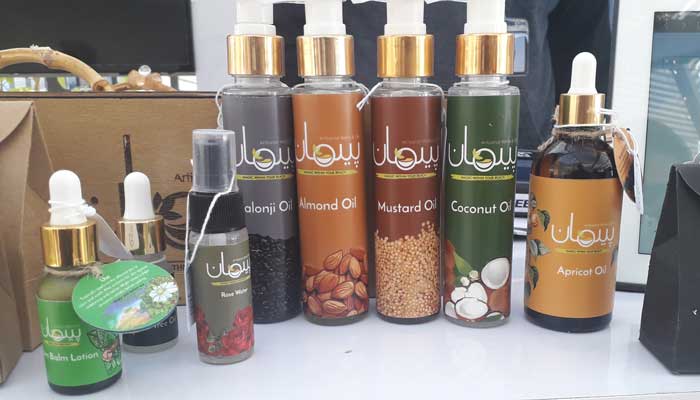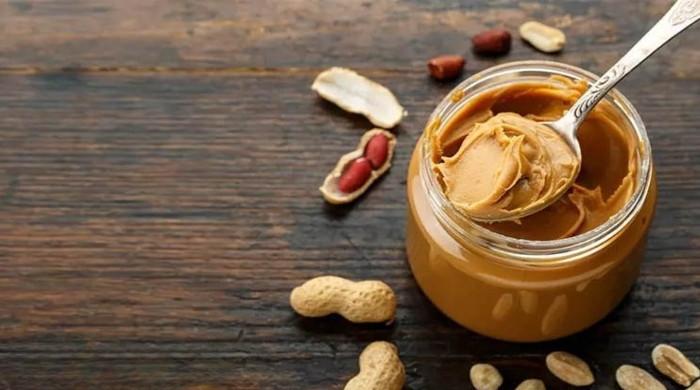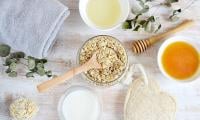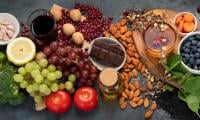Paiman launch fair-trade artisanal herbs and hand-pressed oils
Paiman hopes to counter this by working with artisans to revive and rejuvenate skills and methods 'passed down from our artisans' forefathers
Paiman, a new Pakistani start-up held their launch at Koel Art Gallery in Karachi recently, showcasing the brand’s artisanal herbs and hand-pressed oils. The brand, started by Indus Valley alum Sahar Mansoor, aims to revive traditional methods for making preservative-free beauty products such as face scrubs, as well as body and hair oils.
To this end, the brand hopes to “re-ignite the value of traditional artisans and their work” explains Mansoor, as the company works with artisans nationwide to source their ingredients, using fair-trade practices. The ingredients are then hand-pressed to ensure the purity of ingredients is not compromised and nutrients are not evaporated away, as is the case with large-scale industrial heat-bases processes.
Speaking to The News about the inspiration behind the product, founder Mansoor highlighted that she noticed that “processes used and passed down as a legacy for generations were dying out” in favor of larger-scale machine extracted processes.
Paiman hopes to counter this by working with artisans to revive and rejuvenate skills and methods “passed down from our artisans’ forefathers that will now hopefully be passed down to future generations.”
This focus on reviving this dying traditional technique for oil extraction, as well as their emphasis on ensuring fair-trade practices and the sourcing of only the best natural ingredients is part of a larger philosophy underpinning Paiman’s work.
As Mansoor explains, “Pakistan is blessed with so many diverse climates and agriculture regions, but we remain stuck in the primary phase” providing mostly raw materials that are exported for processing.
Paiman hopes through it range of oils and powders, as well as scrubs and lotions that are ethically-sourced and produced through traditional methods, to highlight the potential for artisanal value-added products.
-
Benefits of magic potion that is Apple Cider Vinegar
-
Why too much caffeine can jeopardise your health
-
Refreshing and Nutritious: Healthy Drinks for Your Perfect Lifestyle
-
What is Cortisol belly? How can you get rid of it?
-
Top five reasons to add oats in your beauty regime
-
Power of Sunblock: Your Key to Radiant Skin and Healthier Living
-
Impact of Flavonols on mortality rate, cancer, cardiovascular disease
-
Cosy Cardio: Comfortable fitness trend anyone can follow












